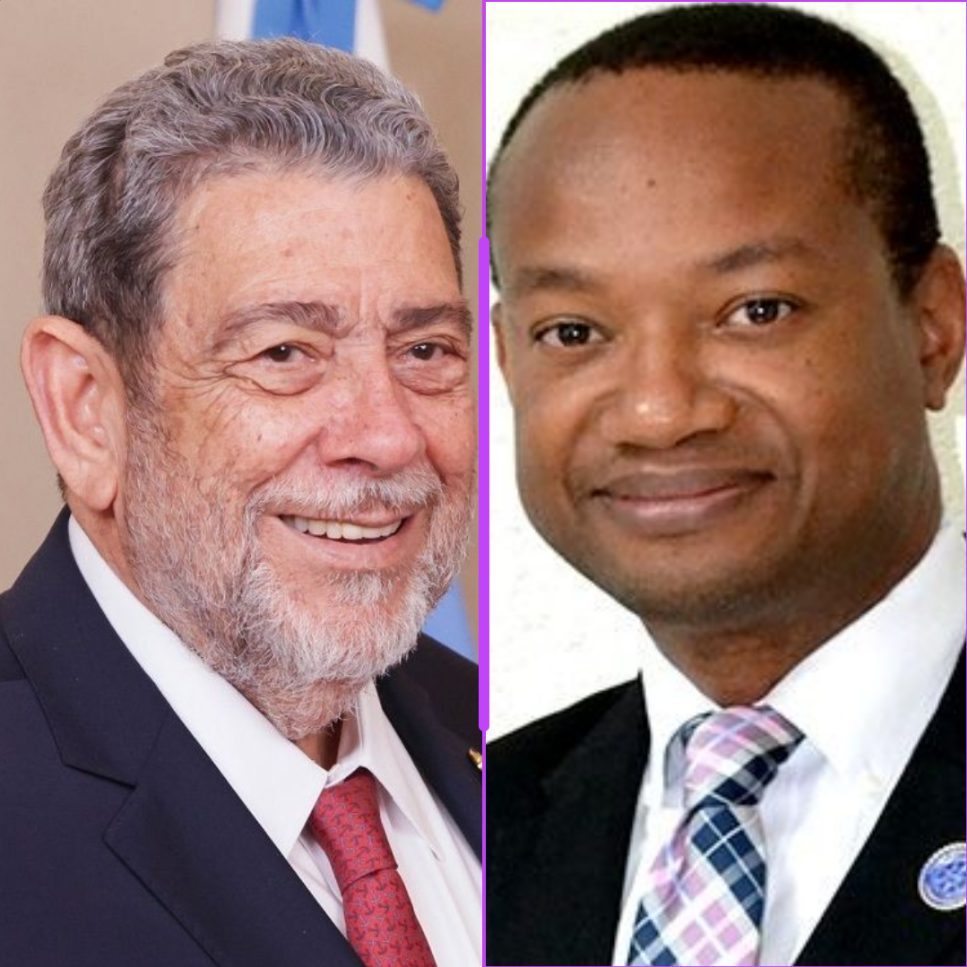Work is currently ongoing to appoint a temporary magistrate.
According to Prime Minister Dr Ralph Gonsalves, he had asked the Attorney General to work in conjunction with the Judicial and Legal Services Commission to begin exploring for a temporary magistrate to assist in certain tasks including outstanding preliminary inquiries and coroner’s inquests.
Gonsalves acknowledged that there were several outstanding coroner’s inquests.
“I want to make the public appeal which i have done repeatedly through the chain of the office of the Commissioner of Police, the office of the Director of Public Prosecutions (DPP), the office of the Attorney General and certainly the magistracy to ensure that those outstanding coroner’s inquests, that they are held,” Gonsalves said on radio on March 20.
He explained that a coroner’s inquest was held for someone who died under sudden and unnatural circumstances and where there is not at the time, or period thereafter there is no one identified as being criminally culpable.
“But never-the-less, you must have an inquest if no one is charge for someone dying under sudden and unnatural circumstances,” the prime minister said.
He went on to say that the coroner’s jury may well bring someone culpable, but it would still need to go back to the DPP to decide whether she prosecutes.
“Because we have situations in the past where the coroner’s inquest said that someone is criminally culpable and the DPP when looking at the evidence considers that there is an insufficiency of evidence to take the matter to court,” Gonsalves said.
A coroner’s inquest is a quassia criminal process, he added, with the AG being the only one with the authority to gather pieces of evidence.
And although it may be a fact that the majority of coroner’s inquests, no criminal culpability is found, there still needs to be legal closure.

